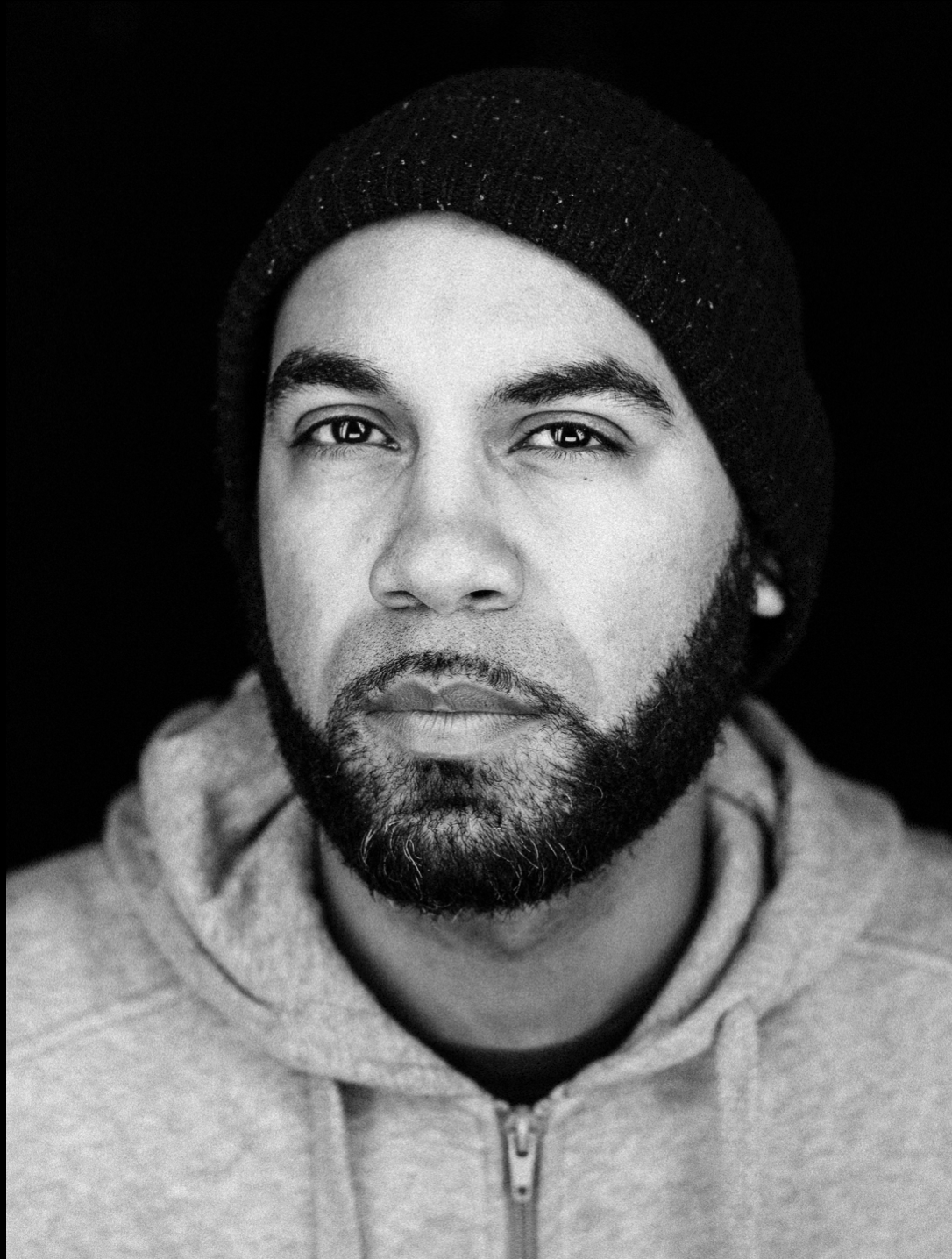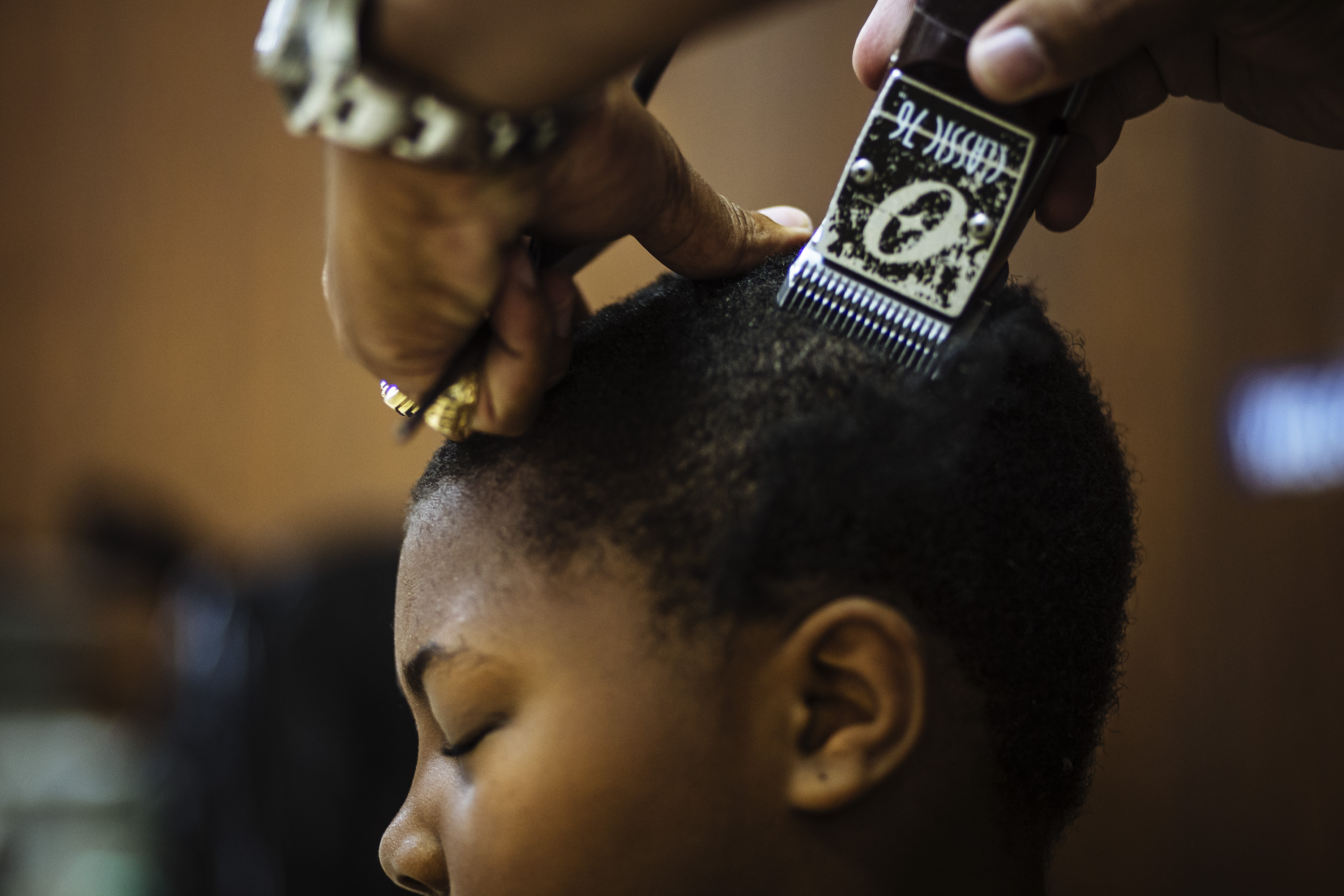
Michael Santiago, a graduate student at Syracuse University, is the winner of the Kit King Scholarship.
Accomplishments
When I first went back to school for photography, I didn’t really know that for photojournalism you had to go to a journalism or communication school. I went to art school. After a year enrolled at that school, I was lucky enough to have Darcy Padilla as a professor and she helped me switch my focus from an art based photography background to a more documentary/photojournalism one. In 2015, 2 years after making that switch with the mentorship of Darcy, I was awarded the Alexia Foundation Student grant. With the help of Alexia Foundation, I was able to continue my studies and pursue a Master’s degree at Syracuse University. During my time at Syracuse, I received several PDN awards and an award of excellence in the portfolio category at 70th CPOY competition.
Career Goals
In the 4 years that I have focused on photojournalism, I have based my work on focusing on issues concerning communities of color. I have done stories around land ownership, healthy eating, life threatening diseases, environmental justice, and poverty and violence. I would like to continue my focus in my career on the communities that I come from and represent. Going back to school and being in this field has never been easy for me financially. Before my father’s passing he wished for me to get a degree in anything as long as I went back to school. I was the first person in my family to go to college, something that I never thought I would do, and receiving my Master’s degree would be a belated gift to my father.
Portfolio
Click on pictures to see stories.
Singles
Unrelated still photographs.
A Syracuse Native
Police Officer Ahmad Mims is 1 of 8 Black police officers on the force in Syracuse NY, a city whose police department does not fully reflect the population of the city. As a member of the Crime Reduction Team, he’s tasked with patrolling a city that has seen an increase in violence and drug activity in recent years. Given the police climate throughout the country with the deaths of unarmed citizens at the hands of police officers, Mims tries to bring a change to a city that at times sees him as the enemy.
Hope for the South Side
In 1970, Loblaws Supermarket closed its doors on South Ave in the South Side of Syracuse which has a high concentration of poverty and no full-line grocery store.Through the years ,the closure of the supermarket made the South Side not only what is considered a food desert, but also economically vulnerable with jobs in the area being scarce. Most residents of the area who do not own cars, didn’t have a food store close enough to walk to and were left with having to rely on local corner stores or help from friends to drive them to nearby supermarkets with the closest one being 2 miles away. With the drive and dedication for a change coming from Jubilee Homes, a local non profit working to reduce crime and blight while providing housing opportunities for low income families, they were instrumental in helping to bring Price Rite to the South Side. Price Rite, the first supermarket in over 40 years in the South Side, not only gave the predominantly black neighborhood access to healthier foods and 125 new jobs. For many of the new employees this was a second chance for those with criminal histories.
No Safe Levels
In December of 2016 Tory Lowe, a community advocate in Milwaukee, learned that his son Troy had tested positive for lead. After Troy’s diagnosis Tory, who was already spreading awareness of the lead in the water in Milwaukee, became more aggressive in spreading the message of lead in the water to his community. According to the CDC, No safe blood lead level in children has been identified.
We Drinking Poison
Since the water crisis in Flint, MI, 63 percent of Americans, according to a 2017 gallup poll, are greatly concerned about pollution in their drinking water. 80 percent of those Americans, live in communities of color and impoverished areas. Various studies like the 1987 study by the United Church of Christ’s Commission for Racial Justice on Environmental Justice, have found that areas where they have crumbling infrastructure, toxic industries and waste sites disproportionately affect communities of color and low income communities. Under the 2018 proposed budget for the EPA under the new administration, the EPA’s Environmental Justice program will have 80 percent of its budget cut, one of the factors in Ali’s resignation. The budget cuts will not only affect the jobs of the many people who work for the program but will affect the most vulnerable communities who need them the most, communities of color and low income communities. “We Drinking Poison” is a portrait series from some of those cities and towns in America who have and continue to be affected by water contamination.





